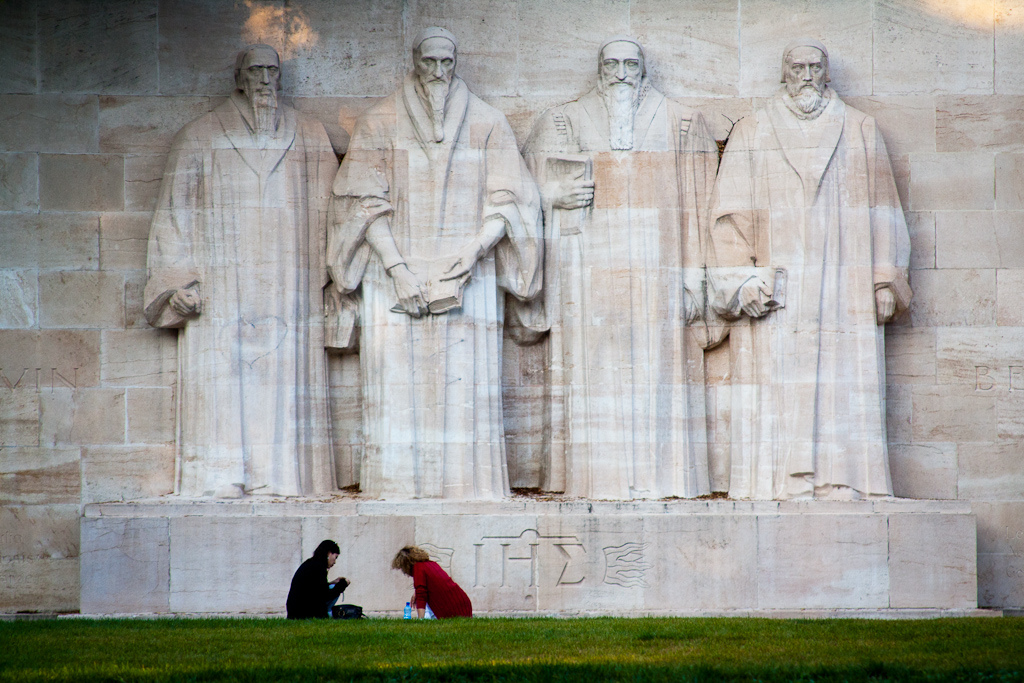It took longer than I expected it would, but we now have our first article calling for a specifically Baptist take on Rod Dreher’s Benedict Option. The piece, by Union University’s Nathan Finn, argues that a uniquely Baptist twist on the BenOp is needed in today’s increasingly anti-Christian cultural moment. (I will be calling this a “Baptist twist on the BenOp” rather than the Paleo Baptist option because, as my former boss would put it, “mercy hot monkeys!”, we have enough options already. And yes, he really would say that.)
Login to read more
Sign in or create a free account to access Subscriber-only content.
Topics:
